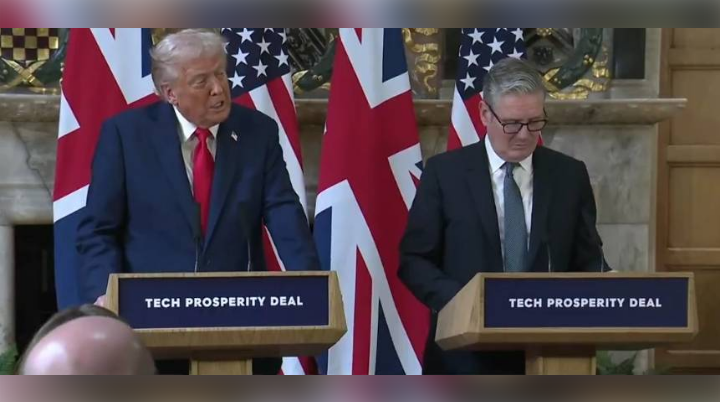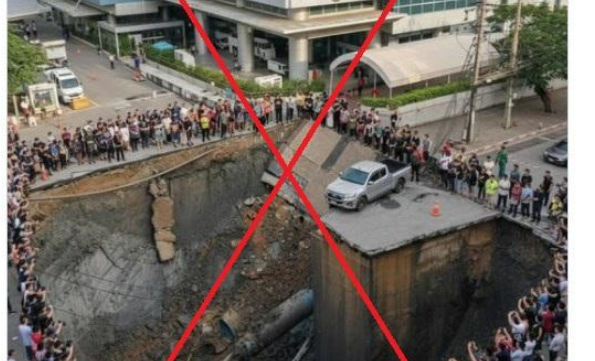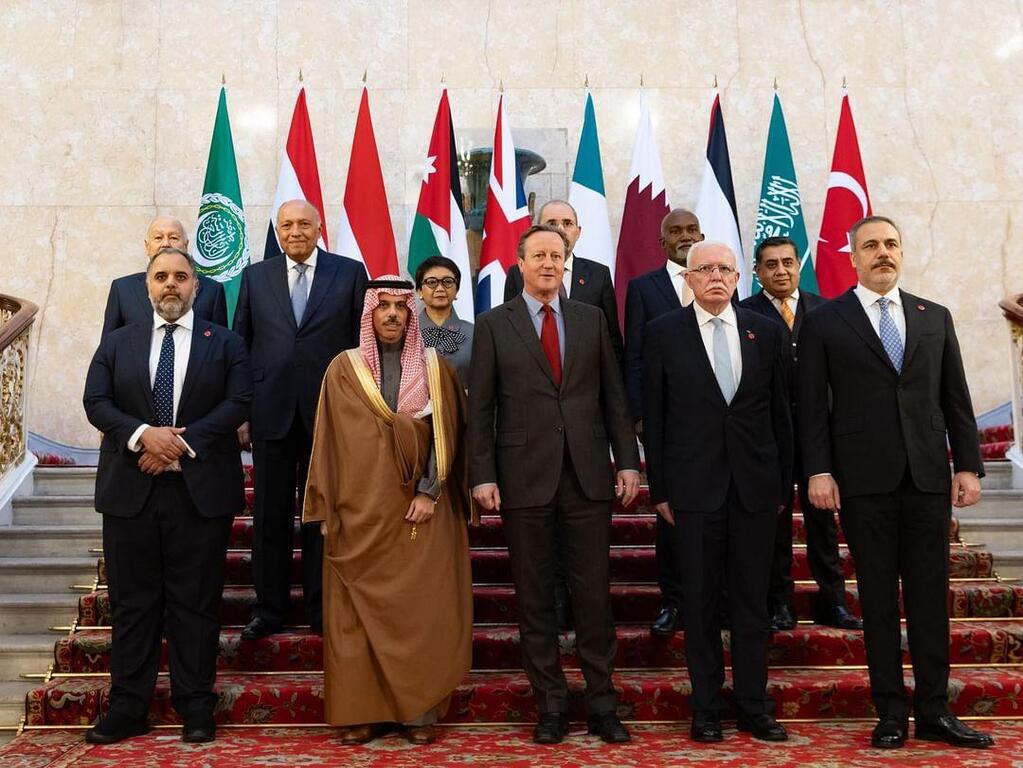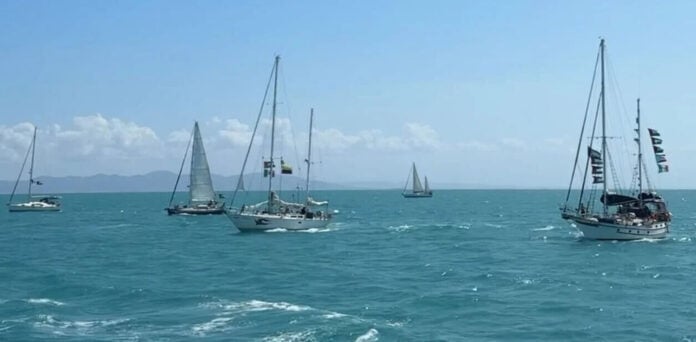Washington, D.C. – Former U.S. President Donald Trump has declared his intention to reclaim Bagram Airbase from Afghanistan, calling it a critical strategic asset that should not have been handed over. Speaking at a press conference, Trump emphasized that the facility holds immense military and geopolitical importance.
Background on Bagram Airbase
Bagram Airbase, located north of Kabul, is one of the largest military airfields in the world. For decades, it served as the central hub for U.S. and NATO operations during the Afghanistan war. The base was officially handed over to Afghan authorities in 2021, following the U.S. withdrawal.
According to Trump, the decision to relinquish control of the base was a mistake. “We wanted to leave Afghanistan with dignity. Bagram was supposed to remain with us, but instead, we gave it away for free,” he said.
Strategic Concerns Over China
Trump highlighted growing security concerns in the region, particularly regarding China. He claimed that narrow routes surrounding the airbase have been used for nuclear development activities by Beijing. “One reason we are working to take it back is because China is using the area to build nuclear weapons,” he added, framing the situation as a matter of international security.
Israel Strikes Hamas Leadership in Doha: Qatar Condemns Attack Amid Global Shock
Political and Global Reactions
While Trump’s remarks have drawn attention globally, official confirmation of any U.S. policy shift has not been issued. Analysts note that reclaiming Bagram would require complex negotiations, as Afghanistan is now under Taliban control. Additionally, China’s alleged activities in the area have not been independently verified by international watchdogs.
Future Outlook
Trump’s statement signals that Bagram Airbase may once again become a point of contention in U.S. foreign policy. Whether the United States will pursue this course under the current or future administrations remains uncertain. For now, the announcement underscores ongoing geopolitical rivalries in the region, particularly involving the U.S., China, and Afghanistan.
Nepal Protest Violence: At Least 13 Killed Amid Social Media Ban, Reports Cite Corruption Roots



